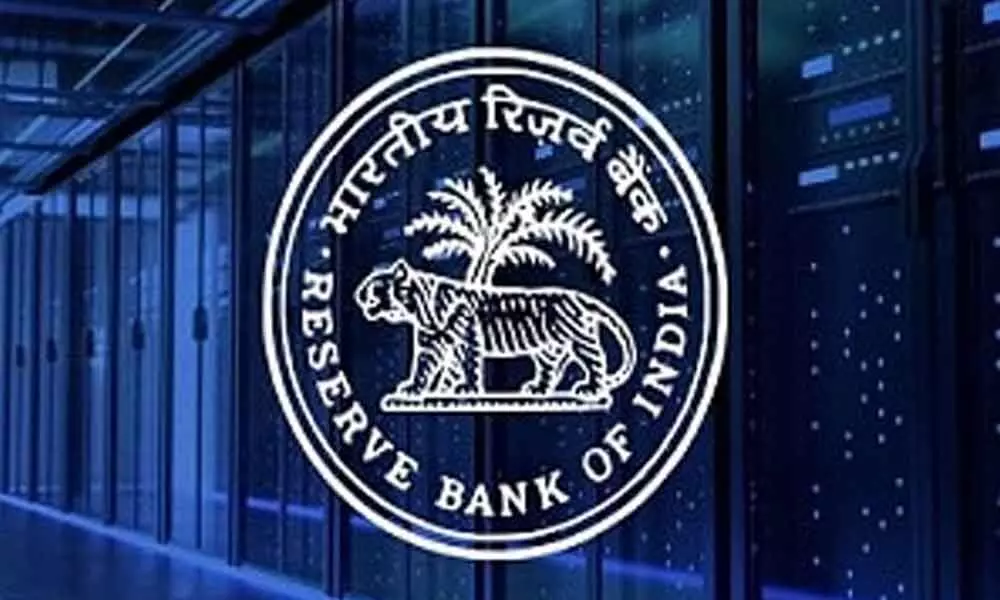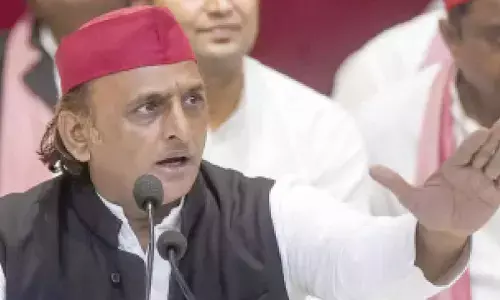RBI releases Annual Report of Ombudsman Schemes for 2019-20

RBI releases Annual Report of Ombudsman Schemes for 2019-20
The Reserve Bank of India (RBI) today released the Annual Report of the Ombudsman Schemes for the year 2019-20. There was an increase of around 65 per cent in the receipt of complaints out of which almost 92 per cent have been disposed of. The RBI has three Ombudsmen- Banking, Non-Banking Finance Company (i.e. NBFC) and digital transactions. A common man can approach these Ombudsmen for their grievances.
As per the RBI's report, all three received in total 3,30,543 complaints in 19-20 as compared to 2,00,362 in 18-19, which is 64.67 per cent up under the three ombudsman schemes. Of these, 86.19 per cent were received electronically i.e. through the CMS online portal and email. Despite a surge in receipt of complaints, the disposal rate of more than 92 per cent was achieved. 72.27 per cent of the maintainable complaints were resolved through mediation and conciliation.
Banking Ombudsman received major complaints regarding ATM & Debit Cards, Mobile & Electronic Banking while NBFC's Ombudsmen received most complaints about non-observance of regulatory guidelines, lack of transparency in contract/ loan agreement and levy of charges without notice.
Digital Transactions Ombudsmen received most complaints about fund transfer. RBI has taken various measures for creating awareness among various stakeholders to minimise the grievances.
As announced in the Monetary Policy Statement last week, the three Ombudsman Schemes are being merged and integrated into a single scheme which will be rolled out starting from June this year.
The Banking Ombudsman Scheme (BOS) was first notified by the Reserve Bank in 1995 under Section 35 A of the Banking Regulation Act, 1949. It is administered by the Reserve Bank through 22 Offices of Banking Ombudsman (OBOs) covering all states and union territories. The Annual Report covers the activities under the Banking Ombudsman Scheme (BOS), the Ombudsman Scheme for Non-Banking Financial Companies (OSNBFC) and the Ombudsman Scheme for Digital Transactions (OSDT); the developments in the area of consumer protection and the way forward.
The grievance redress machinery of the Reserve Bank functioned with round-the-clock availability, leveraging on the capabilities of the state-of-the-art Complaint Management System (CMS). The CMS platform, which was launched in June 2019, brought all stakeholders namely the Reserve Bank, the Regulated Entities (REs) and their customers on one web-based platform; and digitalised the entire process of handling of customer grievances by the Reserve Bank.










